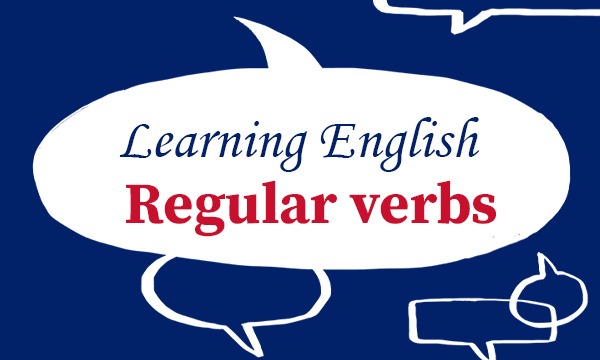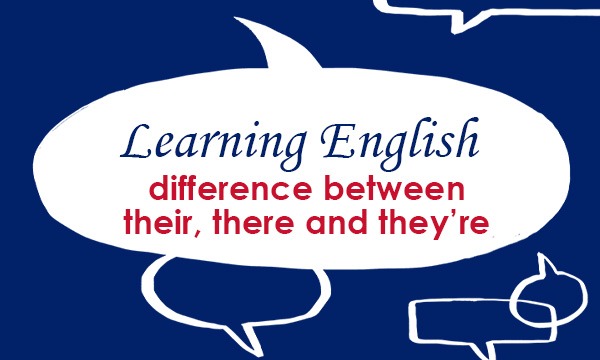
English verbs have up to five different forms. These are:
- the base form, e.g. pull
- the 3rd person singular, present simple tense, e.g. pulls
- the past simple tense, e.g. pulled
- the past participle, e.g. pulled
- the present participle, e.g. pulling
Regular verbs are all formed in the same way, by building on the base form. This is the form you normally find in a dictionary. The base form is sometimes called the ‘bare infinitive’.
Most verbs are regular and follow the rules below:
Form 1: The present simple tense has all but one of its forms the same as the base form.
Form 2: When the present simple tense has a 3rd person singular subject, the verb is formed from the base form + -s.
Form 3: The past simple is formed from the base form + -ed.
Form 4: The past participle is formed from the base form + -ed.
Form 5: The present participle is formed from the base form + -ing.
Irregular verbs have different forms, particularly forms 3 and 4.
There are a few spelling rules when conjugating verbs:
- Verbs ending in -o, -ch, -sh, -ss, -x, -z or -zz: add -es to make the 3rd person singular, e.g. catch à catches; push à pushes; miss à misses; buzz à buzzes
- Verbs ending in -y after a consonant: change y to i and add -es, e.g. carry à carries; fly à flies; worry à worries
- All verbs that contain a short final vowel in front of a final consonant double the consonant before -ing, e.g. sob à sobbing; jog à jogging; run à running; stop à stopping
For further information on English Grammar, visit: https://grammar.collinsdictionary.com/easy-learning
Come back for other blogs on using English in everyday situations: https://blog.collinsdictionary.com/language-learners/learning-english/
All opinions expressed on this blog are those of the individual writers, and do not necessarily reflect the opinions or policies of Collins, or its parent company, HarperCollins.



